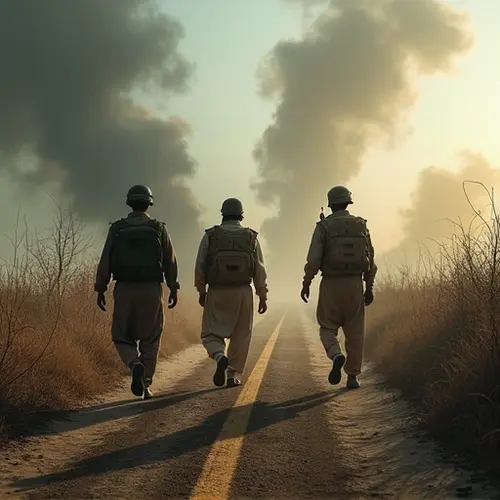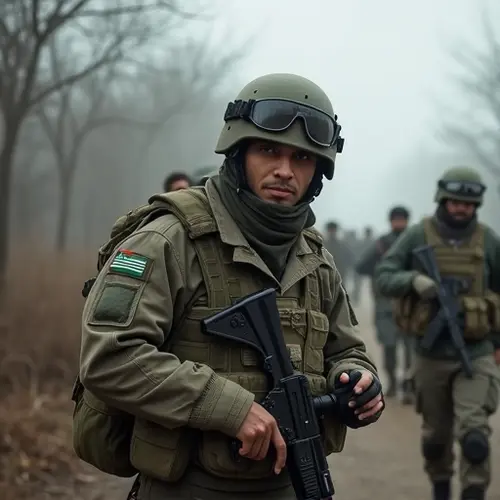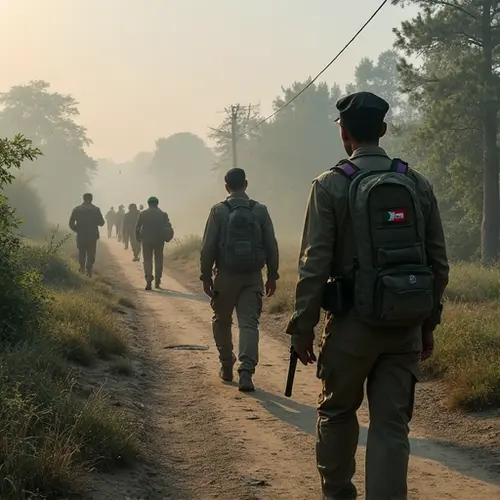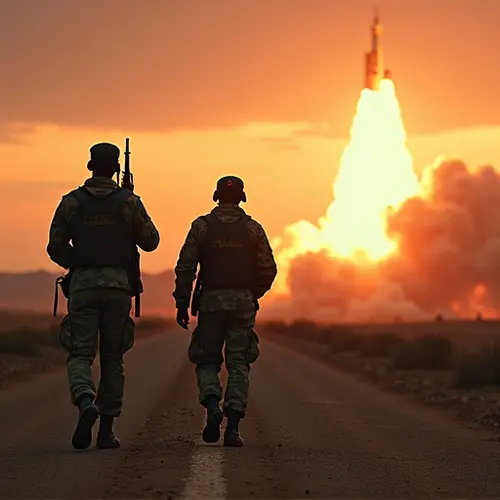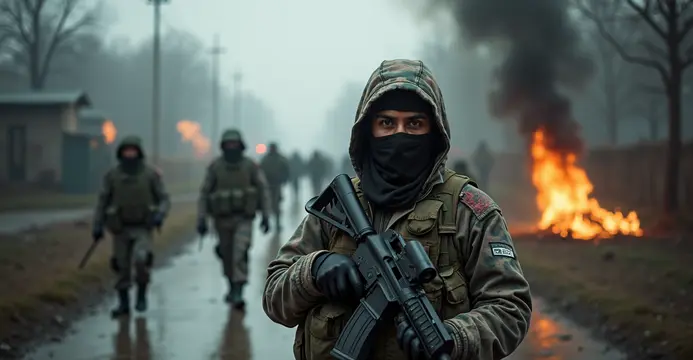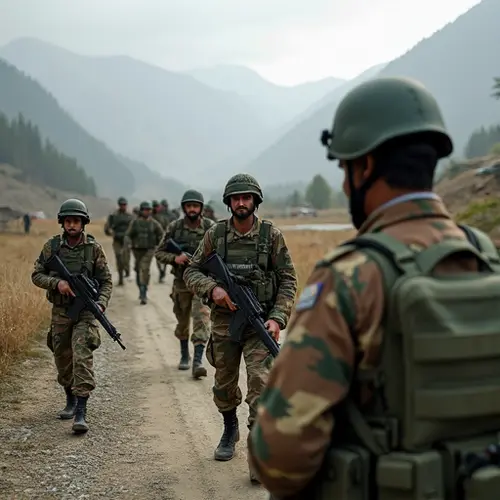
Kashmir Remilitarization: A Growing Global Concern
The disputed region of Kashmir has once again become a flashpoint for tensions between India and Pakistan, with recent reports of remilitarization raising alarms internationally. The longstanding conflict over Kashmir, which dates back to the partition of India in 1947, has seen renewed hostilities as both nations bolster their military presence along the Line of Control (LoC).
Historical Context
The Kashmir conflict stems from the territorial dispute between India and Pakistan, with both nations claiming sovereignty over the region. The conflict has led to three wars and numerous skirmishes, with the LoC serving as a de facto border. China also controls a portion of Kashmir, adding another layer of complexity to the dispute.
Recent Developments
In 2025, reports indicate a significant increase in military deployments by both India and Pakistan in Kashmir. This escalation follows a series of cross-border incidents and allegations of ceasefire violations. The international community, including the United Nations, has expressed concern over the potential for a full-scale conflict.
Humanitarian Impact
The remilitarization has exacerbated the humanitarian crisis in Kashmir, with civilians facing heightened security measures, restrictions on movement, and reports of human rights abuses. The region has already endured decades of violence, displacement, and political instability.
Global Reactions
Countries such as the United States, China, and Russia have called for restraint and dialogue to de-escalate tensions. However, diplomatic efforts have so far failed to yield a lasting solution. The situation remains volatile, with the risk of further escalation looming.
Conclusion
The remilitarization of Kashmir underscores the fragility of the region and the urgent need for a peaceful resolution. As global powers monitor the situation, the fate of millions of Kashmiris hangs in the balance.

 Nederlands
Nederlands
 English
English
 French
French
 Deutsch
Deutsch
 Espaniol
Espaniol
 Portugese
Portugese




